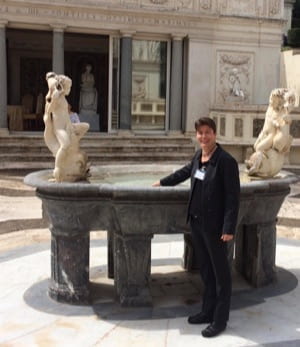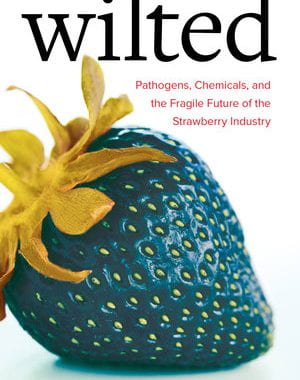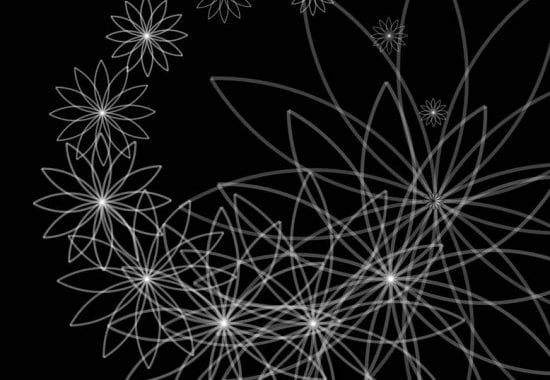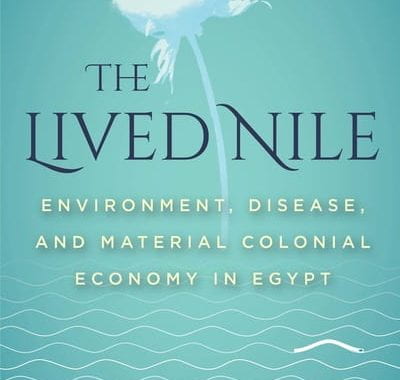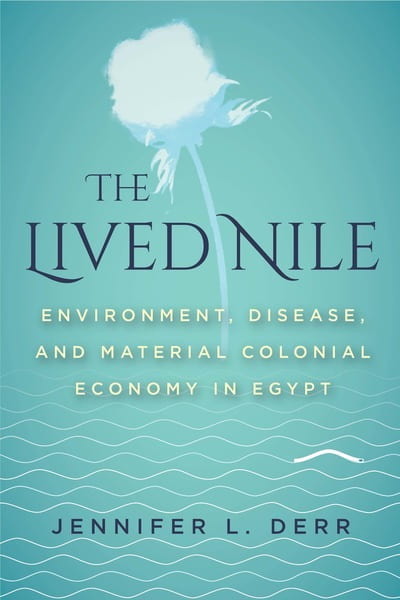Indigeneity and Climate Justice
Thursday May 30 – Friday May 31
9:30-3:30pm – (schedule) (poster)
Arboretum Horticulture Hall II
The UC Santa Cruz Feminist Studies Department presents a Feminist Science Studies Conference on Indigeneity and Climate Justice, organized by Professors of Feminist Studies Karen Barad (Science & Justice Director of Teaching) and Felicity Amaya Schaeffer.
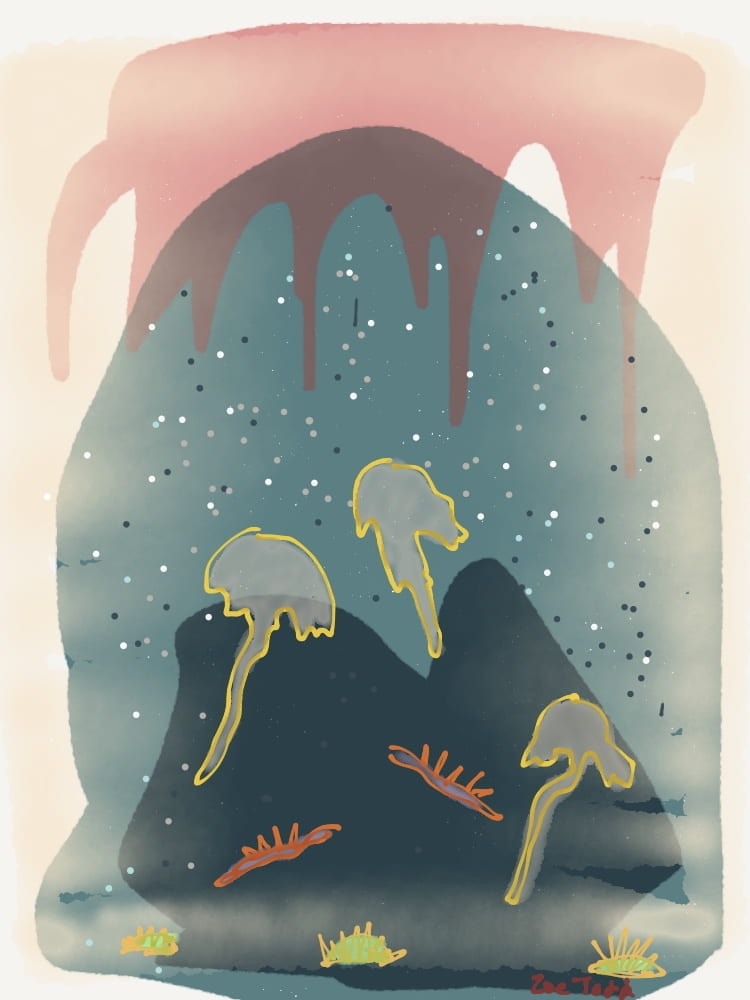
Thanks to Zoe Todd for the use of her artwork!
Anthropogenic climate change is the notion that human actions are the main driver of the current climate crisis. The identification of the anthropos as origin and cause of global climate change elides the fact that climate change is not, and has never been, a universal homogenous process produced by all humans and affecting all humans equally, or as if by chance, some communities more than others (e.g., because they just happen to be living in precarious places). Rather, driven by the forces of capitalism, colonialism, militarism, and imperialism, climate change has been and continues to be perpetuated by the few, while those subjected to precaritization and violence are made to disproportionately absorb the ill effects of “progress” and “development.” In other words, climate change has always been a matter of geopolitics and the ongoing precaritization of oppressed peoples, dominated lands, and other-than-human beings that are part of living landscapes. And lest we think of global climate change as a new phenomenon, a 2015 study of ice core samples reveals that European colonization of the Americas killed so many native peoples so rapidly (approximately 56 million in less than 100 years) that it cooled the Earth’s climate.
The 2019 UCSC Feminist Science Studies conference takes as its focus the theme of “Indigeneity and Climate Justice.” Climate Justice, as opposed to the more narrow framings of “environmental justice,” marks the consideration of the entanglement of ecological, cultural, social, political, geological, biological and other forces, understood as simultaneous and mutually constitutive. A shared concern among our esteemed keynote speakers is the question of how to respond to the challenges and potentials of collaborative engagements between Indigenous and non-Indigenous approaches to caring for the Earth. We invite them to engage in conversation with each other and students, faculty, staff, and other conference participants about these pressing questions of multiple ontologies, epistemologies, and uneven responsibilities.
Free and Open to the Public.
From Environmental Case Study to Kin-Study:
Weaponized Fossil Kin, Fish, Water, and Métis Legal Orders and Relationality in the Alberta Petro-Economy
Zoe Todd
Métis Scholar of Sociology and Anthropology, Carleton University, Canada
Visiting Professor of History, Yale University
Current and Future Effects of Climate Change on the Amah Mutsun Tribe: Local Steps to Take Now!
Valentin Lopez
Chairman, Amah Mutsun Tribal Band
Upside Down Country
Timothy Neale
Alfred Deakin Postdoctoral Research Fellow of Anthropology and Geography
Deakin University, Australia
Who Has the Right to Declare the Urgency of Addressing Climate Change?
Kyle Powys Whyte
Timnick Chair in the Humanities
Associate Proefssor of Philosophy and Community Sustainability
Michigan State University
Co-sponsored by: the UC Santa Cruz Campus Provost and Executive Vice Chancellor, The FMST Baskin Foundation Presidential Chair, Humanities Division, The Humanities Institute, the Center for Creative Ecologies, Critical Race and Ethnic Studies program, Research Center for the Americas, the Science & Justice Research Center, and the departments of Environmental Studies and Sociology.

